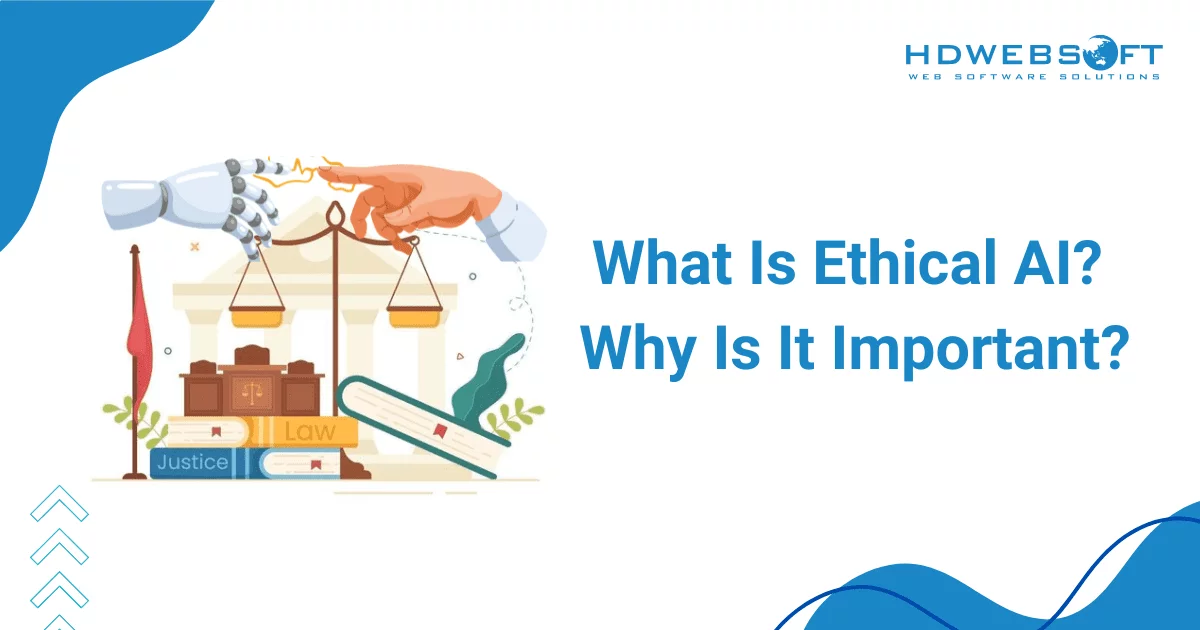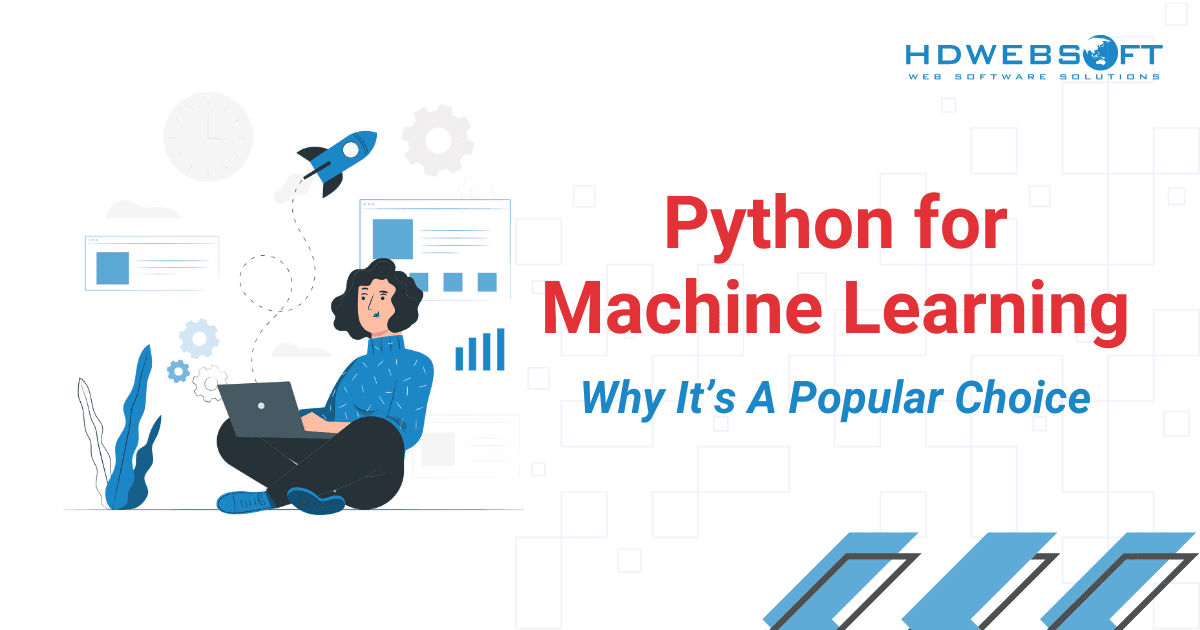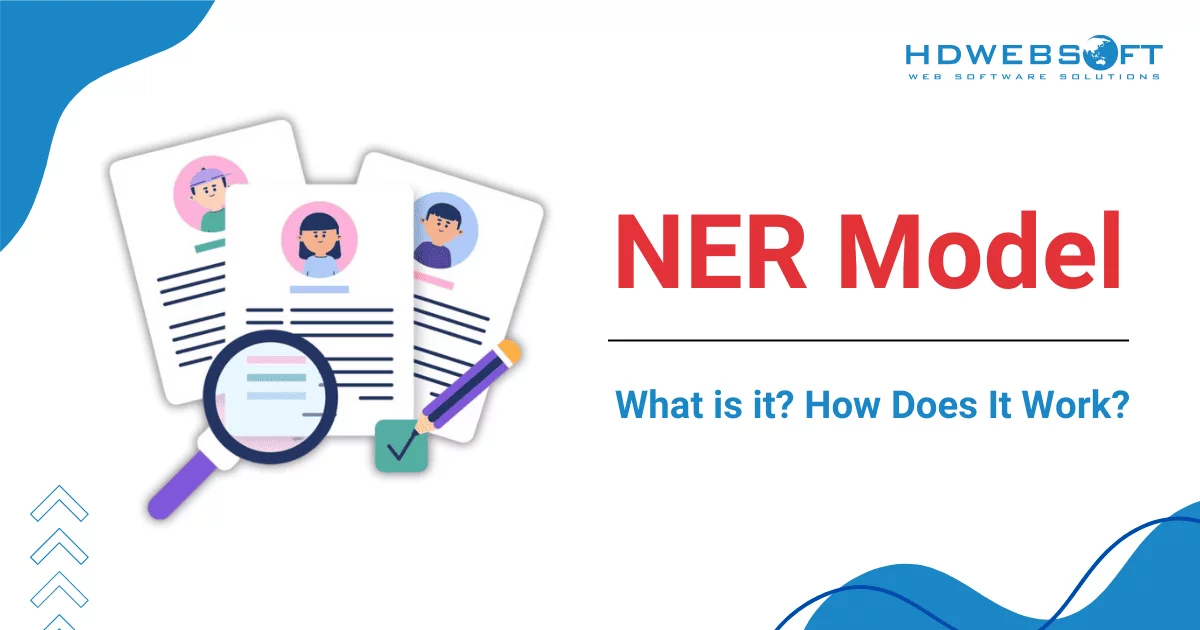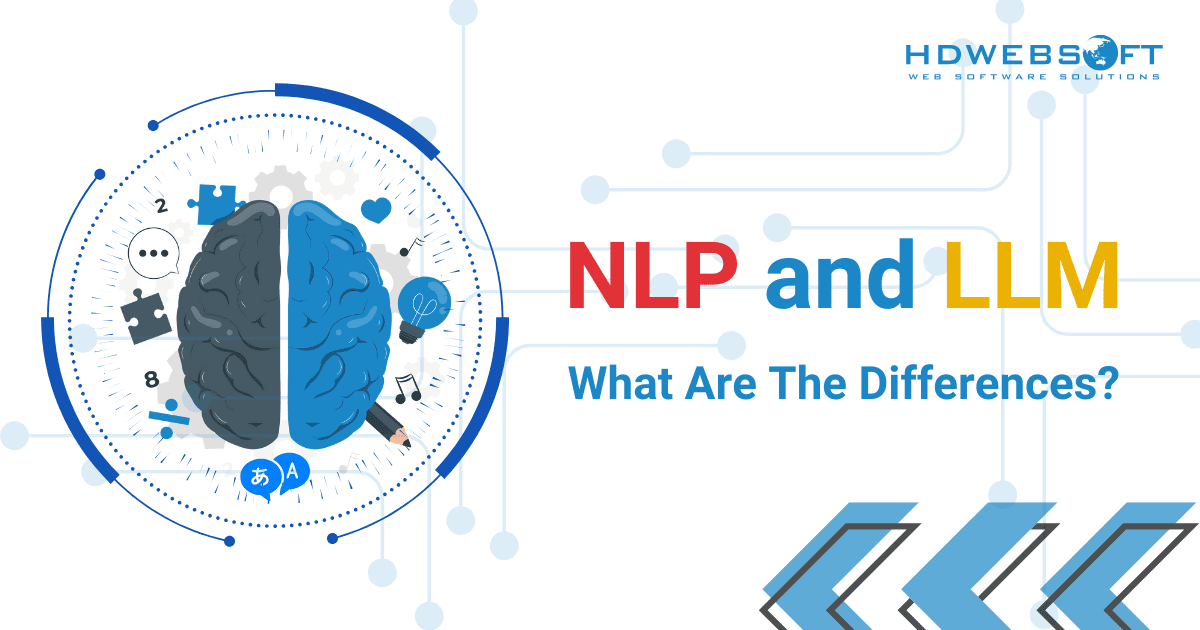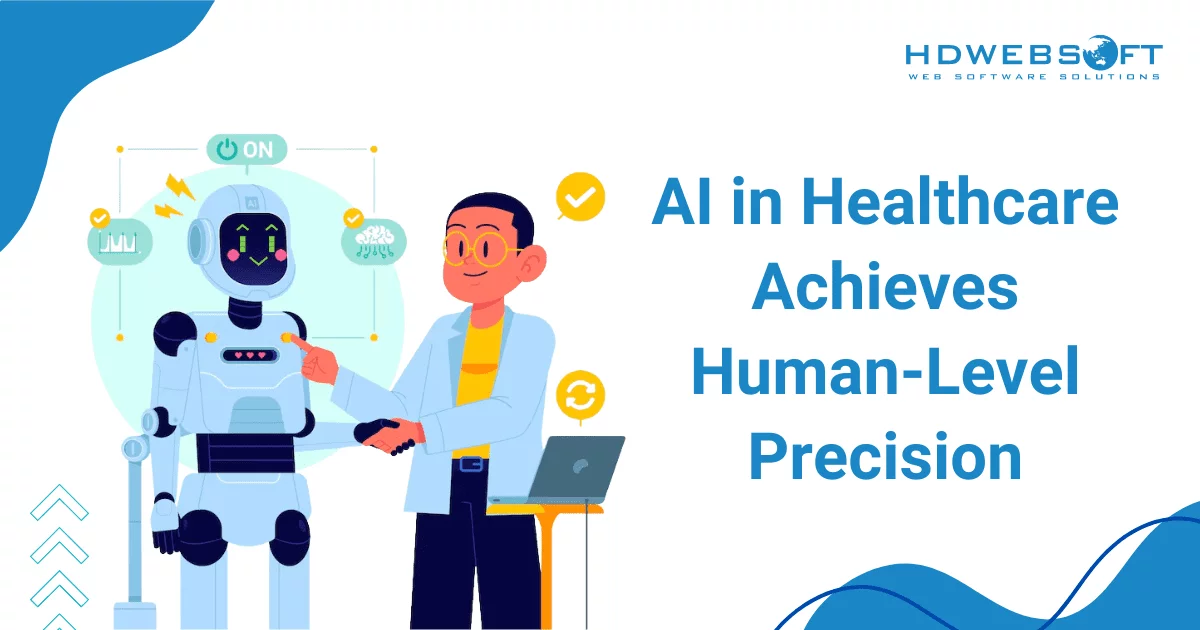
AI in Healthcare Achieves Human-Level Precision
AI in healthcare is rapidly transforming the medical landscape, introducing unprecedented precision and efficiency. As these technologies mature, they increasingly match and often surpass human capabilities in complex healthcare tasks. A prime example is AI’s remarkable achievement in brain mapping, a cornerstone of neurological research.
This blog delves into the broader impact of Artificial Intelligence on healthcare, exploring its applications beyond brain mapping, the challenges it presents, and its promising future.
- 1) An Overview of AI’s role in Healthcare sector
- 2) AI and Machine Learning in Brain Mapping – Its Role and Impact
- 3) Broader Applications of AI in Healthcare
- 4) Challenges and Ethical Considerations
- 5) Future Prospects for AI in Healthcare
An Overview of AI’s role in Healthcare sector
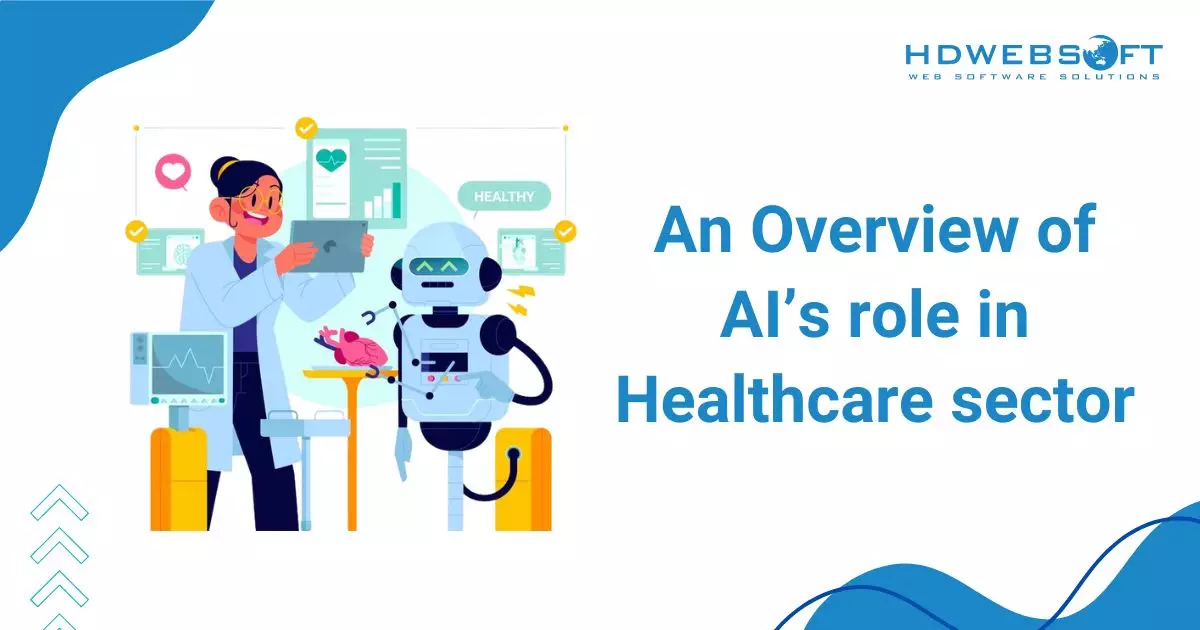
AI’s impact on healthcare is multifaceted, with applications ranging from diagnostics and treatment planning to patient monitoring and drug discovery. The global AI in healthcare market is booming. It was valued at $20.9 billion in 2024 and is projected to skyrocket to $148.4 billion by 2029, demonstrating a remarkable growth rate of 48.1% annually. This growth is driven by AI’s ability to process vast amounts of medical data quickly and accurately, improving the speed and accuracy of diagnoses, personalizing treatment plans, and enhancing patient outcomes.
Artificial Intelligence technologies such as machine learning (ML) and natural language processing (NLP) are being integrated into various healthcare systems, allowing for real-time analysis and decision-making. These technologies are particularly valuable in areas where precision is critical, such as radiology, pathology, and genomics.
AI and Machine Learning in Brain Mapping – Its Role and Impact
The Role of AI and ML in Brain Mapping
AI in healthcare has significantly evolved over the past few years, bringing about transformative changes in various medical fields. One of the most impactful areas where AI and ML have demonstrated their potential is brain mapping. Brain mapping is a critical process that involves the use of imaging techniques to study the brain’s structure and function. This process is essential for diagnosing and understanding neurological disorders such as Alzheimer’s, epilepsy, and Parkinson’s disease.
AI-powered medical imaging
Traditionally, brain mapping required highly skilled neuroscientists to analyze complex imaging data manually, which was both time-consuming and prone to human error. However, with the advent of AI in healthcare, this landscape has changed dramatically. AI and ML algorithms are now being employed to automate the analysis of brain imaging data, allowing for faster and more accurate results. These tools identify patterns and anomalies that may not be easily visible to the human eye, providing a deeper understanding of the brain’s intricate structure and functions.
Early Detection of Neurological Disorders
One of the most critical roles AI and ML play in brain mapping is their ability to detect neurological disorders at an early stage. AI-driven tools can identify subtle changes in brain tissue indicative of conditions like Alzheimer’s disease, Parkinson’s disease, and multiple sclerosis. By recognizing these changes early, healthcare providers can intervene sooner, potentially slowing the progression of these diseases and improving patient outcomes.
Advancing Neuroscience Research
AI and ML are not just enhancing the clinical aspects of brain mapping; they are also advancing the field of neuroscience research. By analyzing vast amounts of brain imaging data, AI algorithms can identify new patterns and previously unknown correlations. This capability leads to breakthroughs in our understanding of how different brain regions interact, how brain networks are organized, and how diseases impact brain function. These insights are crucial for developing new treatments and therapies for neurological disorders.
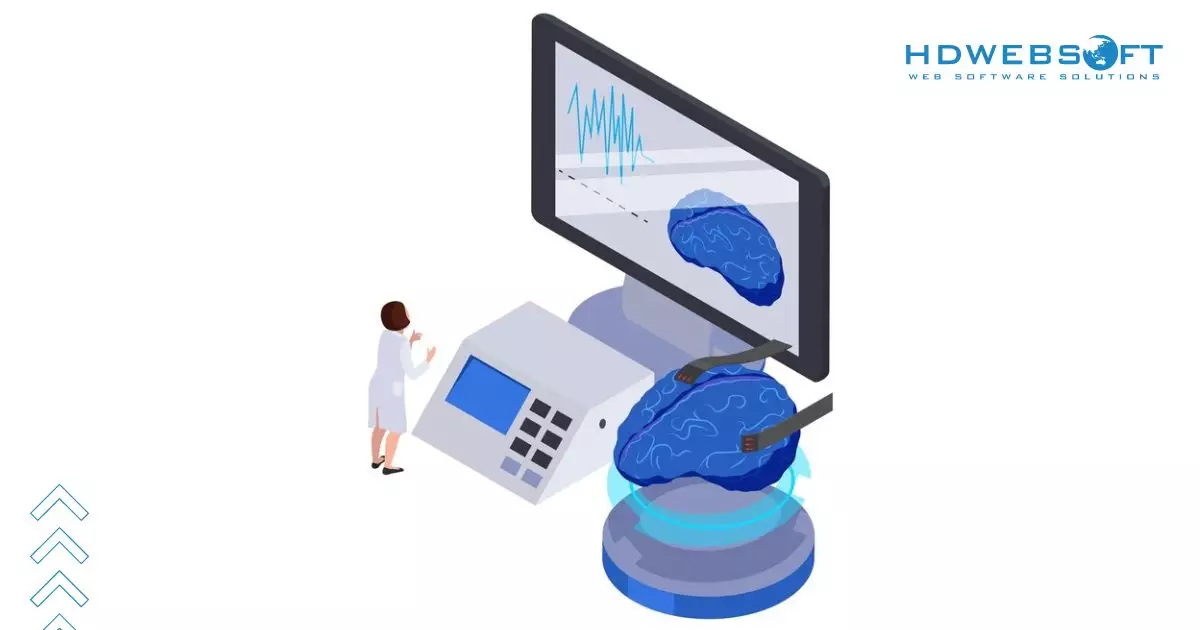
AI in healthcare provides advanced neuroscience research and assists in finding unknown correlations.
Impact of AI-Enhanced Brain Mapping on Healthcare
The impact of AI in healthcare, particularly in brain mapping, is profound.
Early Diagnosis and Personalized Treatment
AI, especially in brain mapping, is revolutionizing healthcare by enabling earlier disease detection and tailored treatment plans. AI-driven brain mapping technologies allow for detecting neurological changes before clinical symptoms manifest. This early detection is crucial for conditions like Alzheimer’s and Parkinson’s, where early intervention can slow disease progression.
Furthermore, AI and ML enable personalized treatment plans by analyzing individual brain data, ensuring patients receive therapies tailored to their specific neurological profiles. This approach improves treatment efficacy and reduces the risk of adverse effects.
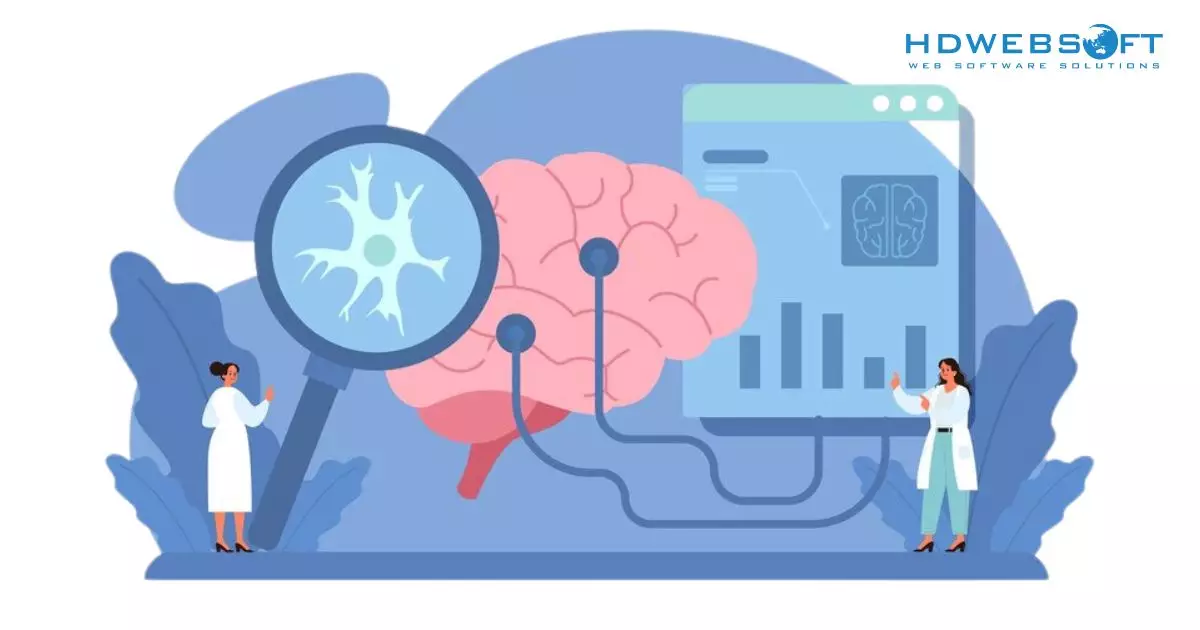
AI in healthcare helps detect neurological changes early and plans treatment for each profile.
Wider Accessibility to Advanced Techniques
Traditionally, brain mapping required specialized equipment and expertise, limiting its availability to top-tier research institutions and hospitals. However, the integration of AI in healthcare is democratizing access to these advanced techniques. AI-powered tools are making brain mapping more accessible to a broader range of healthcare providers, including those in community hospitals and clinics. This increased accessibility is crucial for expanding the benefits of brain mapping to a larger population, particularly in regions with limited medical resources.
Driving Innovation in Brain Health
AI brain mapping is not only transforming current brain mapping practices but also driving future innovations in brain health. These technologies are aiding in the discovery of new biomarkers and therapeutic targets by uncovering previously unseen patterns in brain data. This ongoing research is essential for developing new treatment strategies for neurological diseases.
Check out our case study: Brain Health Application for Elders
Broader Applications of AI in Healthcare
AI in healthcare is revolutionizing the medical field by enhancing precision, efficiency, and patient care across various applications.. Below are some of the broader applications of AI that are making a significant impact:
Diagnostic AI
One of the most critical applications of Artificial Intelligence is in diagnostics. AI-powered tools, such as X-rays, MRIs, and CT scans, are now being used to analyze medical images with remarkable accuracy. These systems can detect early signs of diseases like cancer, often identifying abnormalities that human eyes might miss.
For instance, AI algorithms have been developed to diagnose breast cancer from mammograms with higher accuracy than traditional methods. Diagnostic AI enhances the speed and accuracy of diagnoses by supporting radiologists and other healthcare professionals. Additionally, its use improves early disease detection, a critical factor in successful treatment.
Electronic Health Records (EHR) and Data Analysis
Another area where AI in healthcare is making a profound impact is the integration of AI in EHR. Managing vast amounts of patient data is a challenging task, but Artificial Intelligence can streamline this process by automating data entry, reducing errors, and providing real-time analytics. For instance, AI algorithms can sift through EHR data to identify trends, predict patient outcomes, and suggest personalized treatment plans. This level of data analysis helps healthcare providers make more informed decisions, leading to better patient care and outcomes.
Robotic Surgery
Robotic surgery is another exciting application of AI. AI-driven robotic systems perform minimally invasive surgeries with greater precision than human surgeons. These robots can analyze data from pre-operative medical records to guide the surgeon’s instruments during surgery. As a result, there are fewer complications and faster patient recovery. Artificial Intelligence in robotic surgery allows for a level of precision and control that surpasses traditional surgical methods, making it a valuable tool in complex procedures.
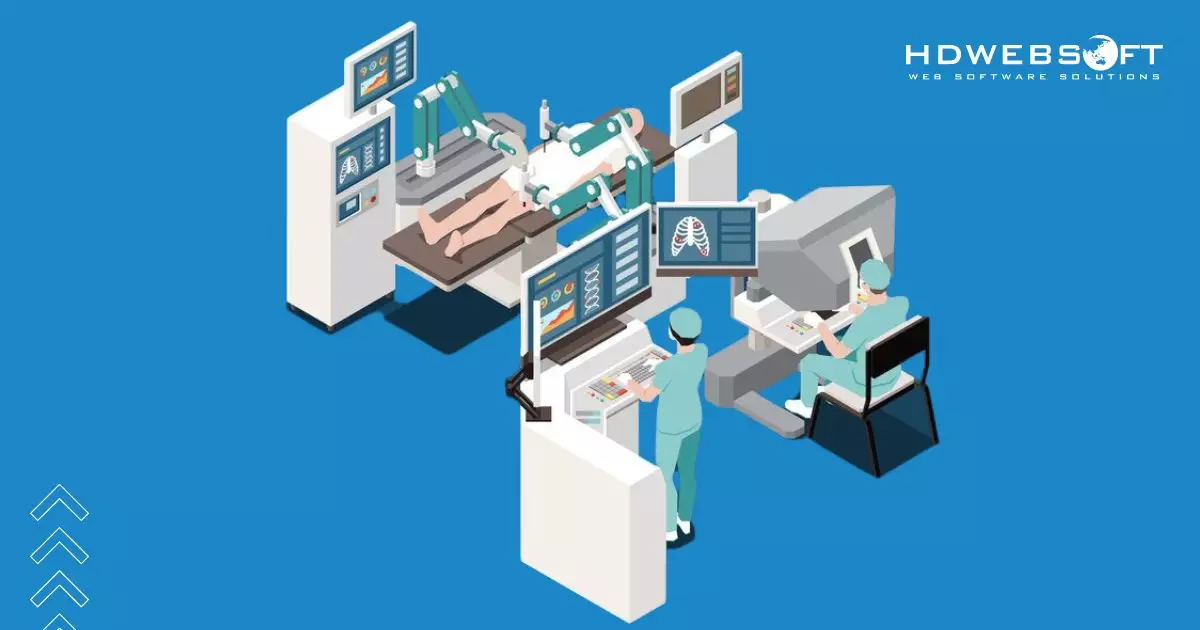
AI in healthcare reaches the human level of precision in surgery.
AI-powered Chatbots in Healthcare
AI-powered chatbots are increasingly used in healthcare to improve patient engagement and support. These healthcare software tools can answer patient queries, schedule appointments, and provide medication reminders, all without the need for human intervention.
For example, AI chatbots can triage patients by asking them a series of questions about their symptoms and then directing them to the appropriate level of care. This use of AI in healthcare not only enhances patient experience but also reduces the workload on healthcare professionals, allowing them to focus on more complex tasks.
Challenges and Ethical Considerations
While the potential of AI in healthcare is immense, it also raises several challenges and ethical concerns. One major challenge is the quality and diversity of the data used to train AI algorithms. If the data is biased or incomplete, the AI system may produce inaccurate or biased results, which can have serious implications for patient care.
Ethical concerns also arise regarding data privacy and security. The use of Artificial Intelligence in healthcare often involves handling sensitive patient data. There is a risk that this data could be misused or exposed in a data breach.
Additionally, the expanded role of AI in healthcare raises important questions. Concerns about accountability and the need for human oversight in decision-making are becoming increasingly prominent.
Future Prospects for AI in Healthcare
The future of AI in healthcare is bright, with many exciting developments on the horizon. Advances in AI are expected to lead to even more accurate diagnostics, personalized treatments, and improved patient outcomes. For instance, AI-driven predictive analytics could help identify patients at risk of developing certain conditions, allowing for early intervention and prevention.
Another major area of growth is healthcare app development. As AI advances, we can expect a surge in the creation of AI-powered healthcare apps designed to improve patient care and accessibility. With the integration of AI, these apps will be able to analyze user data more effectively, providing more accurate insights and recommendations. Developing these AI-driven healthcare apps will be crucial in bridging the gap between patients and healthcare providers, making it more proactive and patient-centered.
Finally, AI has the potential to democratize healthcare by making advanced medical technologies more accessible to people in remote or underserved areas. As it continues to evolve, it will likely play an increasingly central role in healthcare delivery, transforming the industry in ways we can only begin to imagine.




